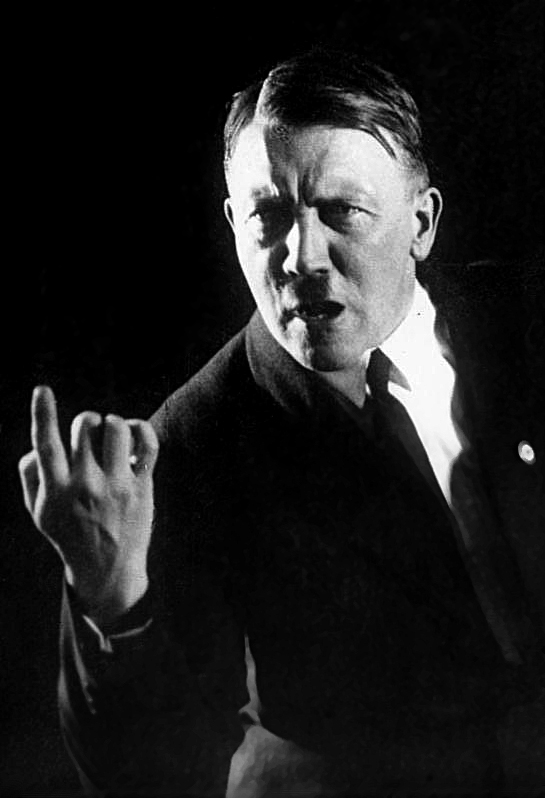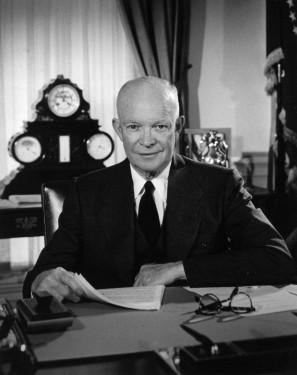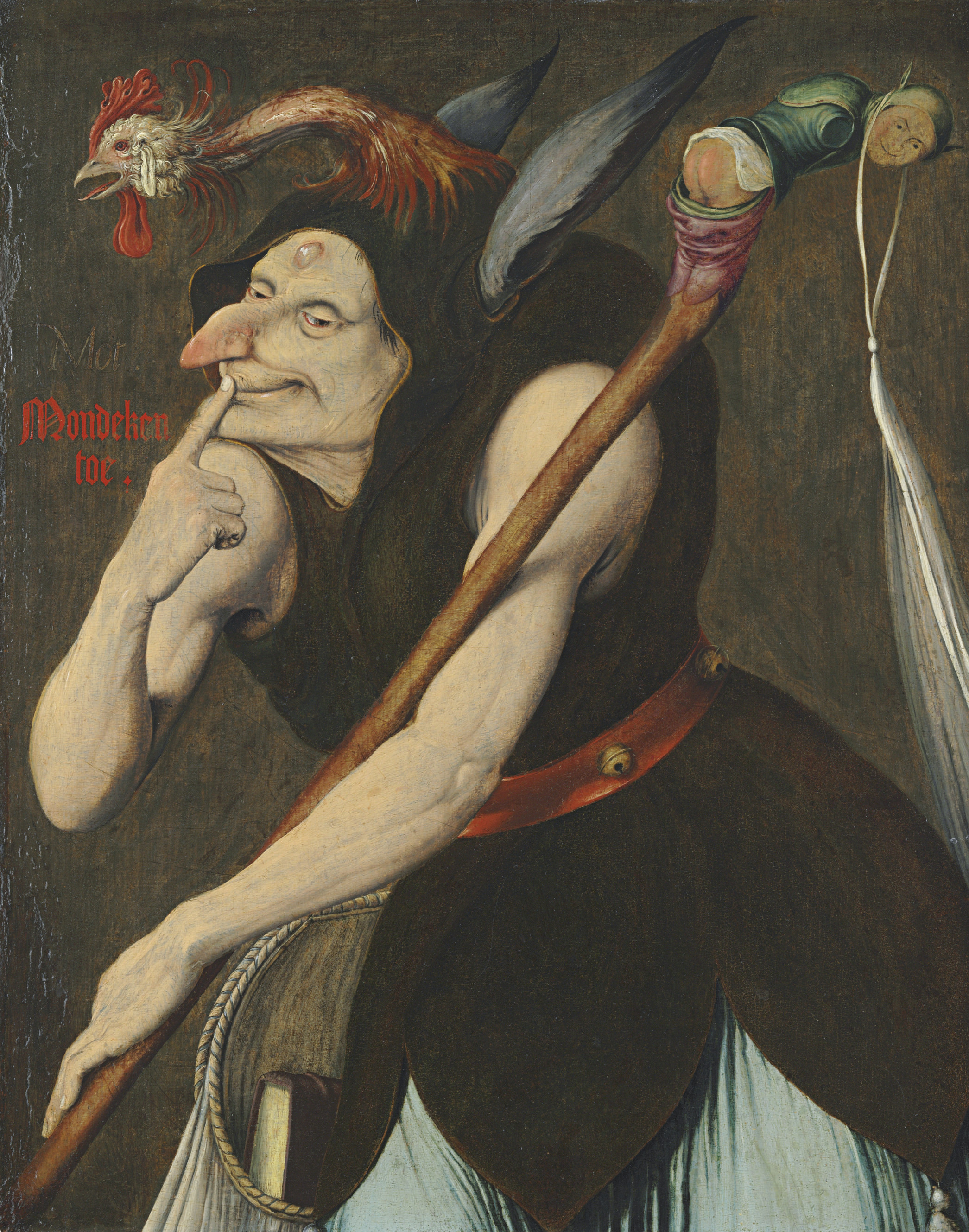|
Carlo Cipolla
Carlo M. Cipolla (15 August 1922 – 5 September 2000) was an Italian economic historian. He was a member of both the American Academy of Arts and Sciences and the American Philosophical Society. Biography As a young man, Cipolla wanted to teach history and philosophy in an Italian high school, and therefore enrolled at the political science faculty at the University of Pavia. While a student there, thanks to professor Franco Borlandi, a specialist in medieval economic history, he discovered his passion for economic history. He graduated from Pavia in 1944. Subsequently, he studied at the University of Paris and the London School of Economics. Cipolla obtained his first teaching post in economic history in Catania at the age of 27. This was to be the first stop in a long academic career in Italy (Venice, Turin, Pavia, Scuola Normale Superiore di Pisa and Fiesole) and abroad. In 1953 Cipolla left for the United States as a Fulbright fellow and in 1957 became a visiting professor ... [...More Info...] [...Related Items...] OR: [Wikipedia] [Google] [Baidu] |
Pavia
Pavia (, , , ; la, Ticinum; Medieval Latin: ) is a town and comune of south-western Lombardy in northern Italy, south of Milan on the lower Ticino river near its confluence with the Po. It has a population of c. 73,086. The city was the capital of the Ostrogothic Kingdom from 540 to 553, of the Kingdom of the Lombards from 572 to 774, of the Kingdom of Italy from 774 to 1024 and seat of the Visconti court from 1365 to 1413. Pavia is the capital of the fertile province of Pavia, which is known for a variety of agricultural products, including wine, rice, cereals, and dairy products. Although there are a number of industries located in the suburbs, these tend not to disturb the peaceful atmosphere of the town. It is home to the ancient University of Pavia (founded in 1361 and recognized in 2022 by the Times Higher Education among the top 10 in Italy and among the 300 best in the world), which together with the IUSS (Institute for Advanced Studies of Pavia), Ghislieri College, B ... [...More Info...] [...Related Items...] OR: [Wikipedia] [Google] [Baidu] |
University Of California, Berkeley
The University of California, Berkeley (UC Berkeley, Berkeley, Cal, or California) is a public land-grant research university in Berkeley, California. Established in 1868 as the University of California, it is the state's first land-grant university and the founding campus of the University of California system. Its fourteen colleges and schools offer over 350 degree programs and enroll some 31,800 undergraduate and 13,200 graduate students. Berkeley ranks among the world's top universities. A founding member of the Association of American Universities, Berkeley hosts many leading research institutes dedicated to science, engineering, and mathematics. The university founded and maintains close relationships with three national laboratories at Berkeley, Livermore and Los Alamos, and has played a prominent role in many scientific advances, from the Manhattan Project and the discovery of 16 chemical elements to breakthroughs in computer science and genomics. Berkeley is ... [...More Info...] [...Related Items...] OR: [Wikipedia] [Google] [Baidu] |
1922 Births
Nineteen or 19 may refer to: * 19 (number), the natural number following 18 and preceding 20 * one of the years 19 BC, AD 19, 1919, 2019 Films * ''19'' (film), a 2001 Japanese film * ''Nineteen'' (film), a 1987 science fiction film Music * 19 (band), a Japanese pop music duo Albums * ''19'' (Adele album), 2008 * ''19'', a 2003 album by Alsou * ''19'', a 2006 album by Evan Yo * ''19'', a 2018 album by MHD * ''19'', one half of the double album ''63/19'' by Kool A.D. * ''Number Nineteen'', a 1971 album by American jazz pianist Mal Waldron * ''XIX'' (EP), a 2019 EP by 1the9 Songs * "19" (song), a 1985 song by British musician Paul Hardcastle. * "Nineteen", a song by Bad4Good from the 1992 album '' Refugee'' * "Nineteen", a song by Karma to Burn from the 2001 album ''Almost Heathen''. * "Nineteen" (song), a 2007 song by American singer Billy Ray Cyrus. * "Nineteen", a song by Tegan and Sara from the 2007 album '' The Con''. * "XIX" (song), a 2014 song by Slipkn ... [...More Info...] [...Related Items...] OR: [Wikipedia] [Google] [Baidu] |
Anthony Grafton
Anthony Thomas Grafton (born May 21, 1950) is an American historian of early modern Europe and the Henry Putnam University Professor of History at Princeton University, where he is also the Director the Program in European Cultural Studies. He is also a corresponding fellow of the British Academy and a recipient of the Balzan Prize. From January 2011 to January 2012, he served as the President of the American Historical Association. Early life and education Grafton was born on May 21, 1950, in New Haven, Connecticut. He was educated at Phillips Academy (Andover). He attended the University of Chicago, from which he graduated with a Bachelor of Arts degree in history in 1971 and a Master of Arts degree in 1972. He made Phi Beta Kappa in 1970, with honors in history and in the college. After studying at University College, London, under ancient historian Arnaldo Momigliano, from 1973 to 1974, he earned his Doctor of Philosophy degree in history from the University of Chicago in 1 ... [...More Info...] [...Related Items...] OR: [Wikipedia] [Google] [Baidu] |
Psychopathy
Psychopathy, sometimes considered synonymous with sociopathy, is characterized by persistent Anti-social behaviour, antisocial behavior, impaired empathy and remorse, and Boldness, bold, Disinhibition, disinhibited, and Egotism, egotistical Behavior, traits. Different conceptions of psychopathy have been used throughout History of psychopathy, history that are only partly overlapping and may sometimes be contradictory. Hervey M. Cleckley, an American psychiatrist, influenced the initial diagnostic criteria for antisocial personality reaction/disturbance in the ''Diagnostic and Statistical Manual of Mental Disorders'' (''DSM''), as did American psychologist George E. Partridge. The ''DSM'' and ''International Classification of Diseases'' (ICD) subsequently introduced the diagnoses of antisocial personality disorder (ASPD) and Antisocial personality disorder#ICD-10, dissocial personality disorder (DPD) respectively, stating that these diagnoses have been referred to (or include ... [...More Info...] [...Related Items...] OR: [Wikipedia] [Google] [Baidu] |
Antisocial Personality Disorder
Antisocial personality disorder (ASPD or infrequently APD) is a personality disorder characterized by a long-term pattern of disregard of, or violation of, the rights of others as well as a difficulty sustaining long-term relationships. Lack of empathy is often apparent, as well as a history of rule-breaking that can sometimes include law-breaking, a tendency towards substance abuse, and impulsive and aggressive behavior. Antisocial behaviors often have their onset before the age of 8, and in nearly 80% of ASPD cases, the subject will develop their first symptoms by age 11. The prevalence of ASPD peaks in people age 24 to 44 years old, and often decreases in people age 45 to 64 years. In the United States, the rate of antisocial personality disorder in the general population is estimated between 0.5 and 3.5 percent. In a study, a random sampling of 320 newly incarcerated offenders found ASPD was present in over 35 percent of those surveyed. Personality disorders are a class o ... [...More Info...] [...Related Items...] OR: [Wikipedia] [Google] [Baidu] |
Behavior
Behavior (American English) or behaviour (British English) is the range of actions and mannerisms made by individuals, organisms, systems or artificial entities in some environment. These systems can include other systems or organisms as well as the inanimate physical environment. It is the computed response of the system or organism to various stimuli or inputs, whether internal or external, conscious or subconscious, overt or covert, and voluntary or involuntary. Taking a behavior informatics perspective, a behavior consists of actor, operation, interactions, and their properties. This can be represented as a behavior vector. Models Biology Although disagreement exists as to how to precisely define behavior in a biological context, one common interpretation based on a meta-analysis of scientific literature states that "behavior is the internally coordinated responses (actions or inactions) of whole living organisms (individuals or groups) to internal and/or external sti ... [...More Info...] [...Related Items...] OR: [Wikipedia] [Google] [Baidu] |
Military–industrial Complex
The expression military–industrial complex (MIC) describes the relationship between a country's military and the defense industry that supplies it, seen together as a vested interest which influences public policy. A driving factor behind the relationship between the military and the defense-minded corporations is that both sides benefit—one side from obtaining war weapons, and the other from being paid to supply them. The term is most often used in reference to the system behind the armed forces of the United States, where the relationship is most prevalent due to close links among defense contractors, the Pentagon, and politicians. The expression gained popularity after a warning of the relationship's detrimental effects, in the farewell address of President Dwight D. Eisenhower on January 17, 1961. In the context of the United States, the appellation is sometimes extended to military–industrial–congressional complex (MICC), adding the U.S. Congress to form a three-sid ... [...More Info...] [...Related Items...] OR: [Wikipedia] [Google] [Baidu] |
Mafia
"Mafia" is an informal term that is used to describe criminal organizations that bear a strong similarity to the original “Mafia”, the Sicilian Mafia and Italian Mafia. The central activity of such an organization would be the arbitration of disputes between criminals as well as the organization and enforcement of illicit agreements between criminals through the use of or threat of violence. Mafias often engage in secondary activities such as gambling, loan sharking, Illegal drug trade, drug-trafficking, prostitution, and fraud. In modern times, the 'Ndrangheta, originating in the Southern Italy, Southern Italian region of Calabria, is widely considered the richest and most powerful mafia in the world. The term "mafia" was originally applied only to the Italian Mafia or specifically the original “Mafia”, the Sicilian Mafia, and the term originates in Sicily. However, the term has since expanded to encompass other organizations of similar methods and purpose, e.g., "the R ... [...More Info...] [...Related Items...] OR: [Wikipedia] [Google] [Baidu] |
Social Group
In the social sciences, a social group can be defined as two or more people who interact with one another, share similar characteristics, and collectively have a sense of unity. Regardless, social groups come in a myriad of sizes and varieties. For example, a society can be viewed as a large social group. The system of behaviors and psychological processes occurring within a social group or between social groups is known as group dynamics. Definition Social cohesion approach A social group exhibits some degree of social cohesion and is more than a simple collection or aggregate of individuals, such as people waiting at a bus stop, or people waiting in a line. Characteristics shared by members of a group may include Interest (emotion), interests, Value (personal and cultural), values, Social representation, representations, ethnic or social background, and kinship ties. Kinship ties being a social bond based on common ancestry, marriage or adoption. In a similar vein, some ... [...More Info...] [...Related Items...] OR: [Wikipedia] [Google] [Baidu] |
Stupidity
Stupidity is a lack of intelligence, understanding, reason, or wit. It may be innate, assumed or reactive. The word ''stupid'' comes from the Latin word ''stupere''. Stupid characters are often used for comedy in fictional stories. Walter B. Pitkin called stupidity "evil", but in a more Romantic spirit William Blake and Carl Jung believed stupidity can be the mother of wisdom. Etymology The root word ''stupid'', which can serve as an adjective or noun, comes from the Latin verb ''stupere'', for being numb or astonished, and is related to '' stupor''. In Roman culture, the ''stupidus'' was the professional fall guy in the theatrical mimes. According to the online Merriam-Webster dictionary, the words "stupid" and "stupidity" entered the English language in 1541. Since then, stupidity has taken place along with "fool," "idiot," " dumb," " moron," and related concepts as a pejorative for misdeeds, whether purposeful or accidental, due to absence of mental capacity. Definit ... [...More Info...] [...Related Items...] OR: [Wikipedia] [Google] [Baidu] |





